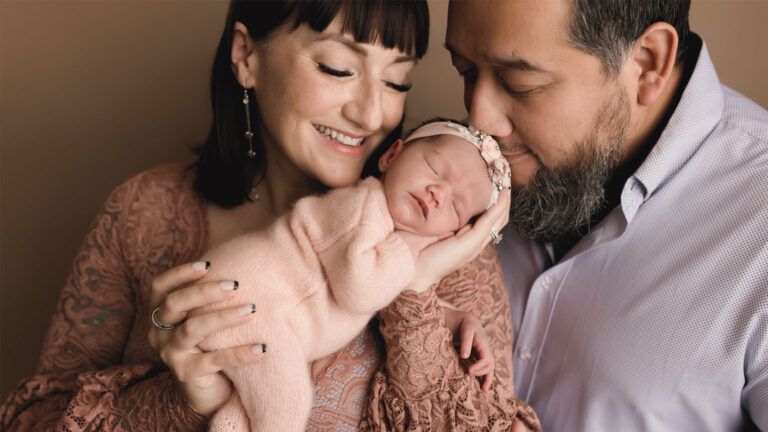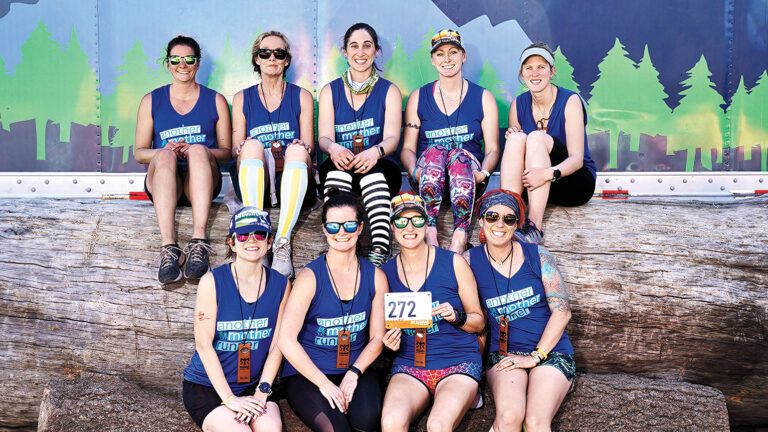My office at the college was filled with Easter baskets that Good Friday morning. I’m a professor at the Indiana University-Purdue University Fort Wayne campus, and every year I do a volunteer project with my students—they put together Easter baskets for the homeless children and their moms at our local shelters. Each basket is unique, specially created and personalized for a woman or a child, and each bears the name of the person receiving it.
Proud of the work my students had done, I carefully checked the baskets against my list. Then my husband, Tom, and I loaded them into our van and delivered them to the appropriate shelters. At each and every stop I checked my list again. All 100 baskets were accounted for. Mission accomplished.
I returned to my office later that morning. I opened the door and gasped. There, on my desk, were three more baskets. I inspected them closely, but they had no names on them.
Now where did these come from? I wondered.
I went over my list again and called the shelters. No one was missing a basket. I took the three baskets home and showed them to Tom. “What will we do with them?” I asked.
“Maybe we could hand them out on the street,” he suggested.
“But they’re probably meant for someone specific,” I said.
All Saturday I worried about it. I didn’t want someone to feel left out. Then that night I got an urgent call from one of the shelters.
“Phyllis, I know this is late notice, but we just had another family come in. Do you have any baskets left over?”
“How many do you need?” I asked.
“Three. For a mother, her ten-year-old son and her six-year-old daughter.”
I turned to the baskets. One had a kite, perfect for a 10-year-old boy; another had hair ribbons, just right for a young girl; and the last had shampoo, stockings, lipstick and a mirror. Seems there was another list even more accurate than mine.
Download your FREE ebook, Mysterious Ways: 9 Inspiring Stories that Show Evidence of God’s Love and God’s Grace






